A highly toxic substance is set to be used in the Lagoa Salgada mine in Grândola, raising alarms over potential groundwater contamination. Environmental groups, including Zero and Fapas, have voiced concerns about the use of sodium cyanide in processing precious metals, citing its well-documented risks to water resources.
The mining company, Redcorp, a subsidiary of Canada's Ascendant Resources, argues that alternatives are not viable, despite the environmental dangers. The substance, in use since 1887, is favored for its efficiency but poses significant toxic risks to nearby communities.
Explosives and Acid Runoff
Beyond cyanide, the project's use of explosives for rock blasting could lead to acidic runoff, further threatening water quality. The plan also includes extracting groundwater for industrial use, with an estimated daily consumption of 864m3, adding strain to local resources.
Insufficient Compensation
Redcorp's proposal to offset environmental damage by planting trees over 73 hectares has been met with skepticism. Critics argue the long-term benefits are uncertain, especially under climate change, making carbon sequestration claims speculative.
The mine's classification as a Project of National Interest (PIN) has also sparked debate, with critics suggesting it bypasses legal restrictions for a project of questionable public utility.
Project Timeline
Exploration is slated to begin in 2027, targeting zinc and copper deposits, with gold extraction becoming viable at higher market prices. The project's environmental and social impacts remain a contentious issue.

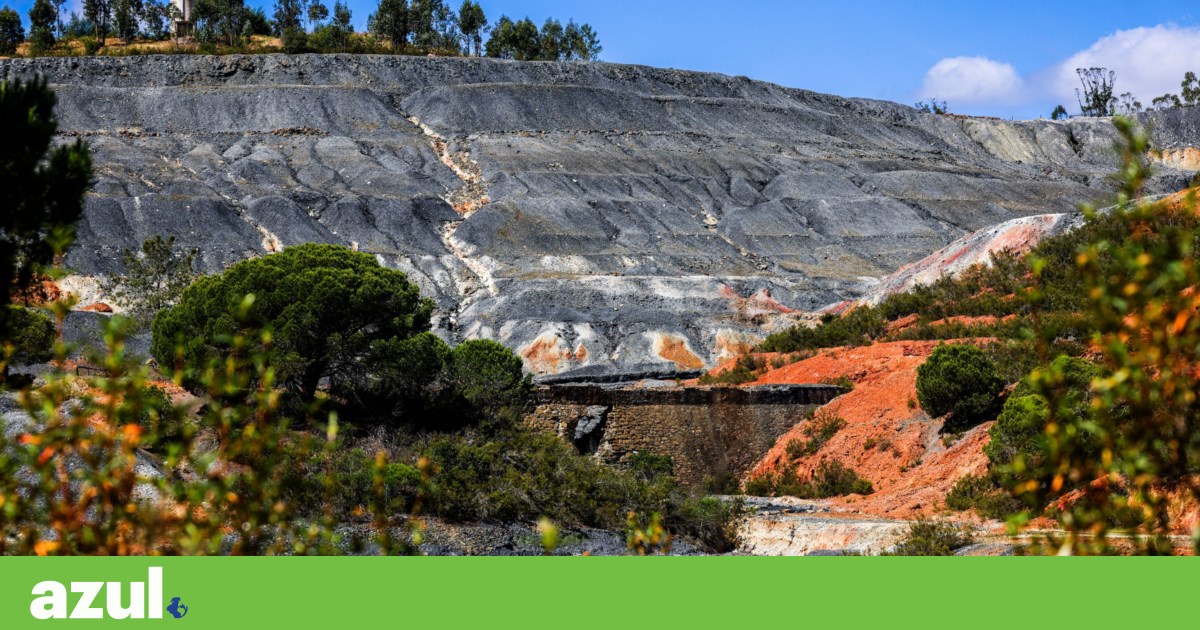

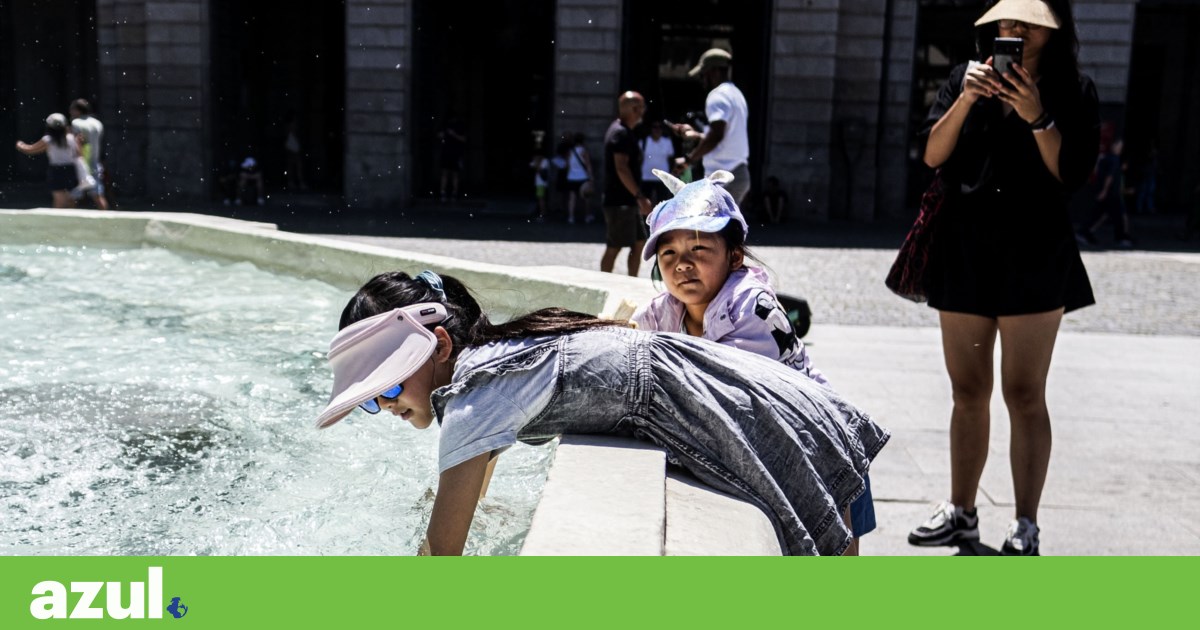


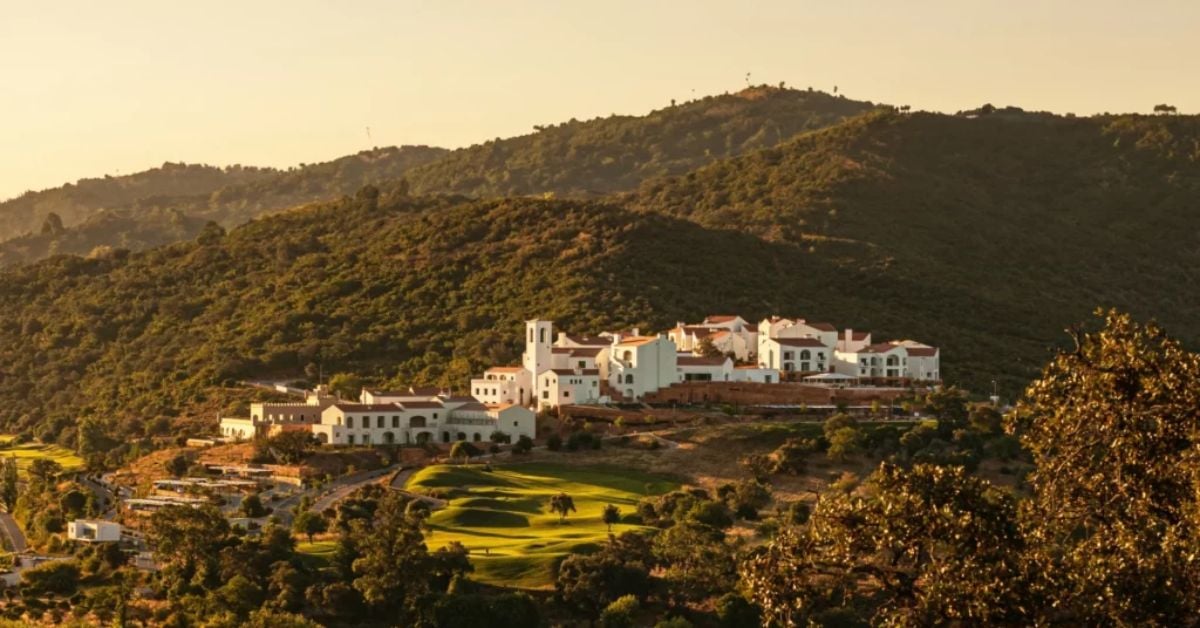

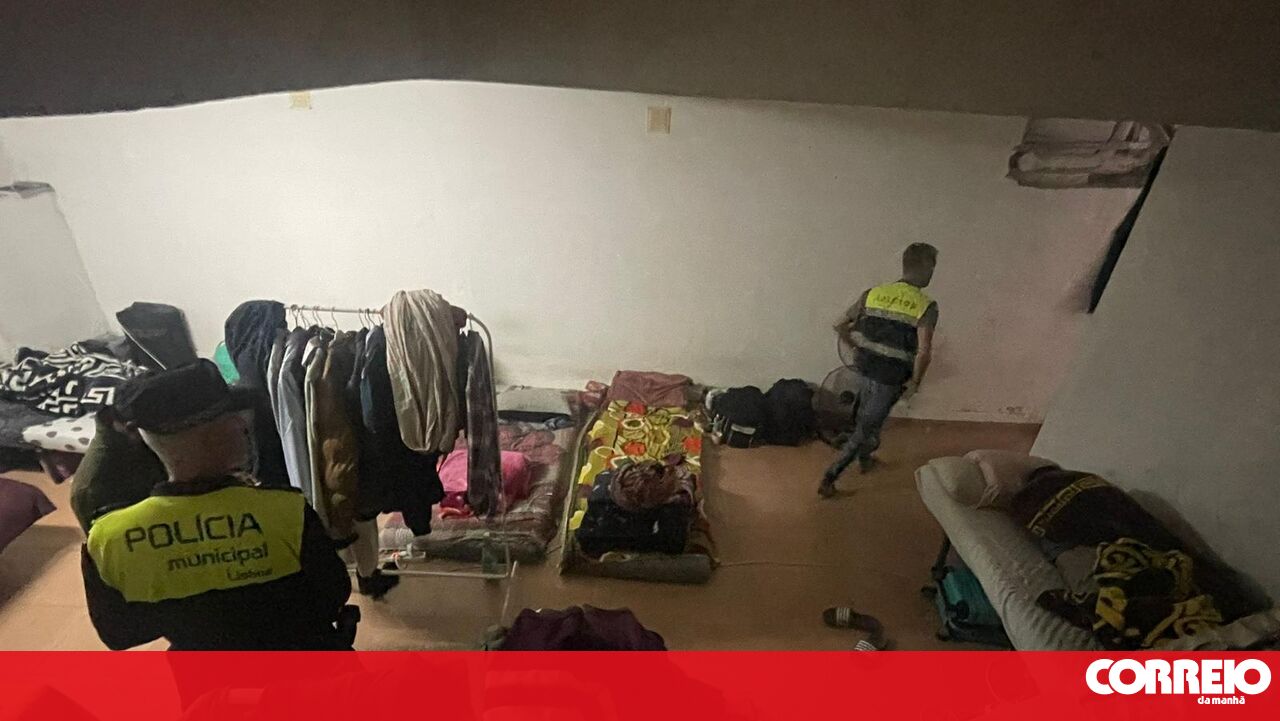
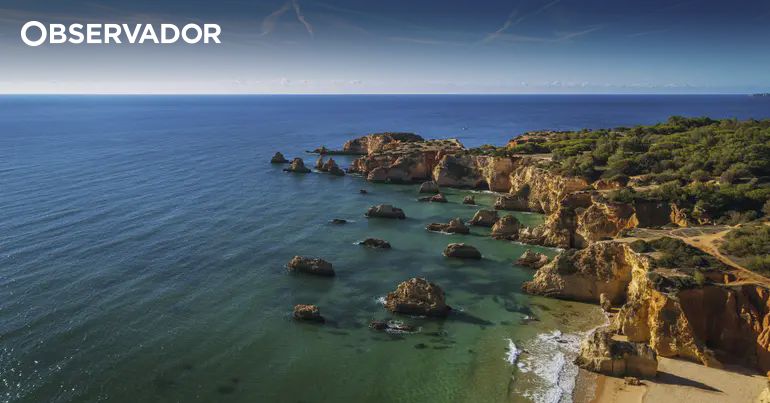




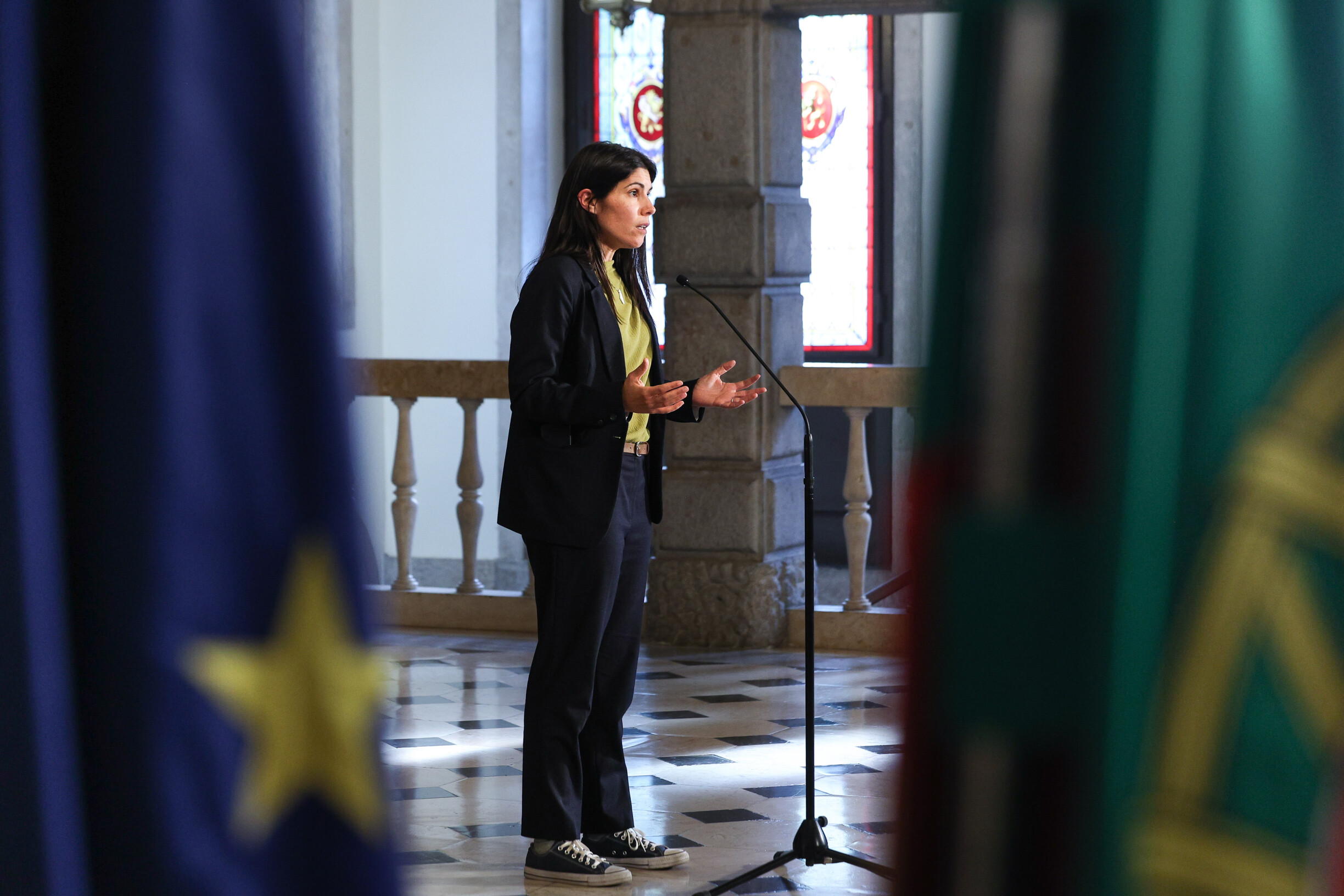
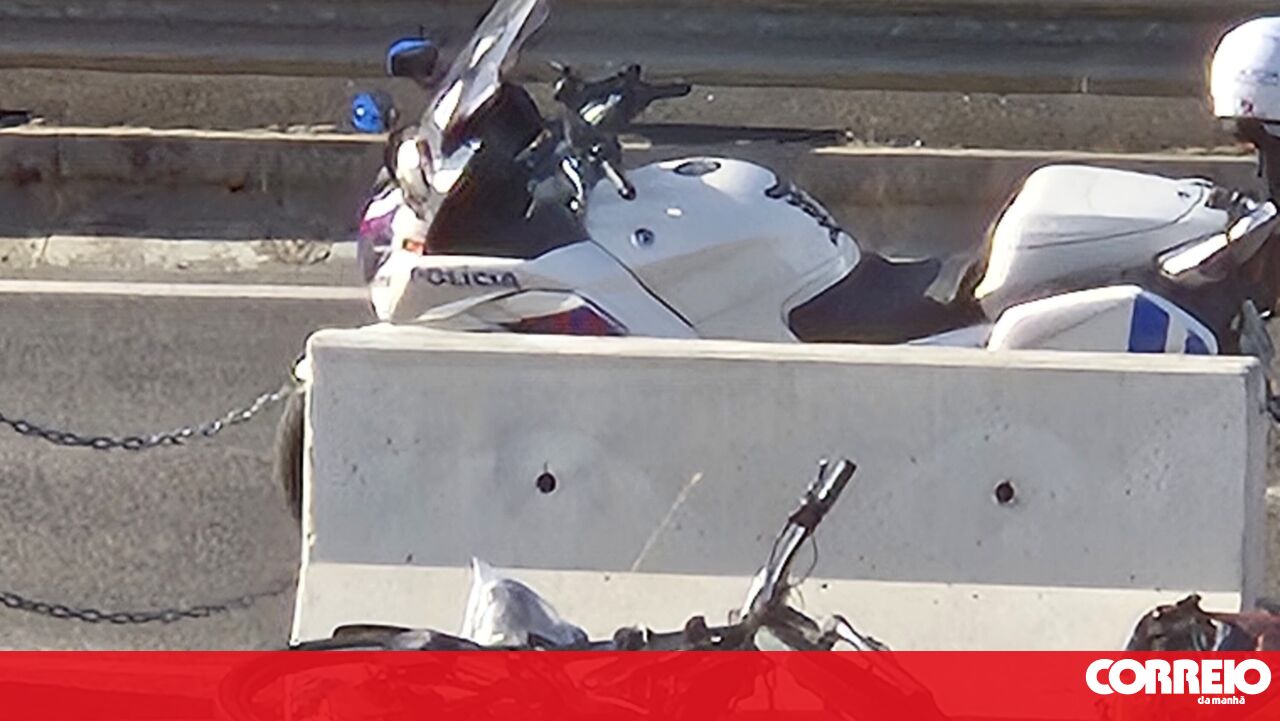
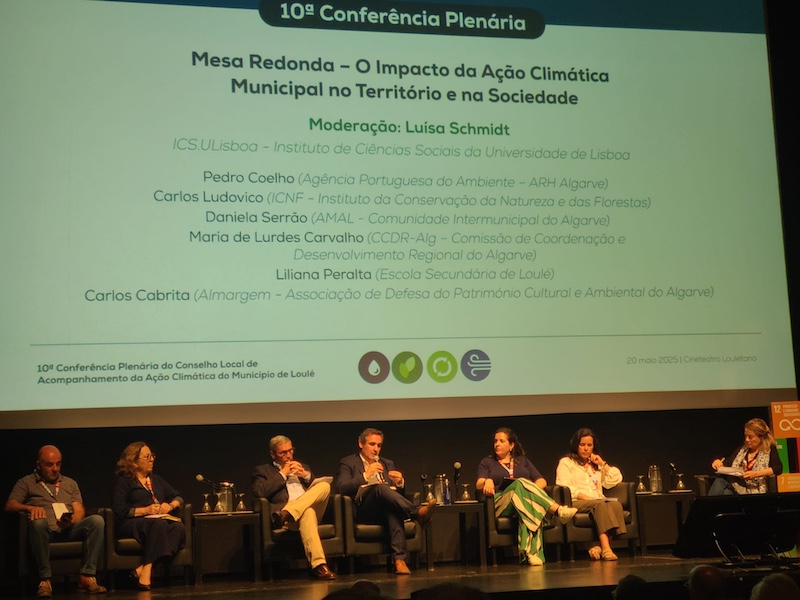
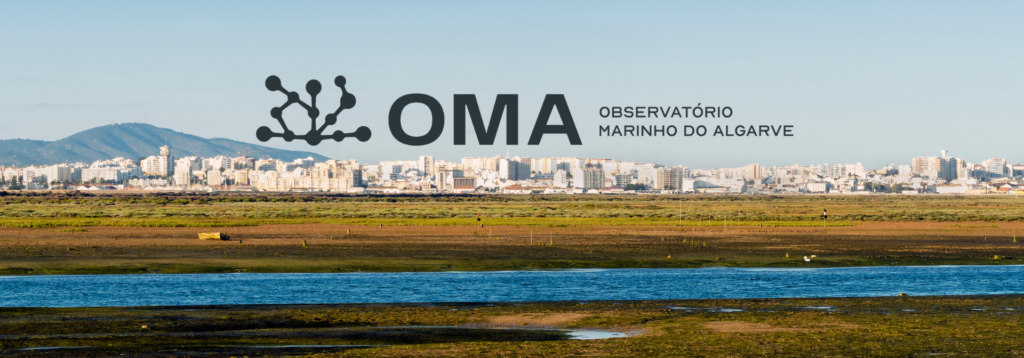

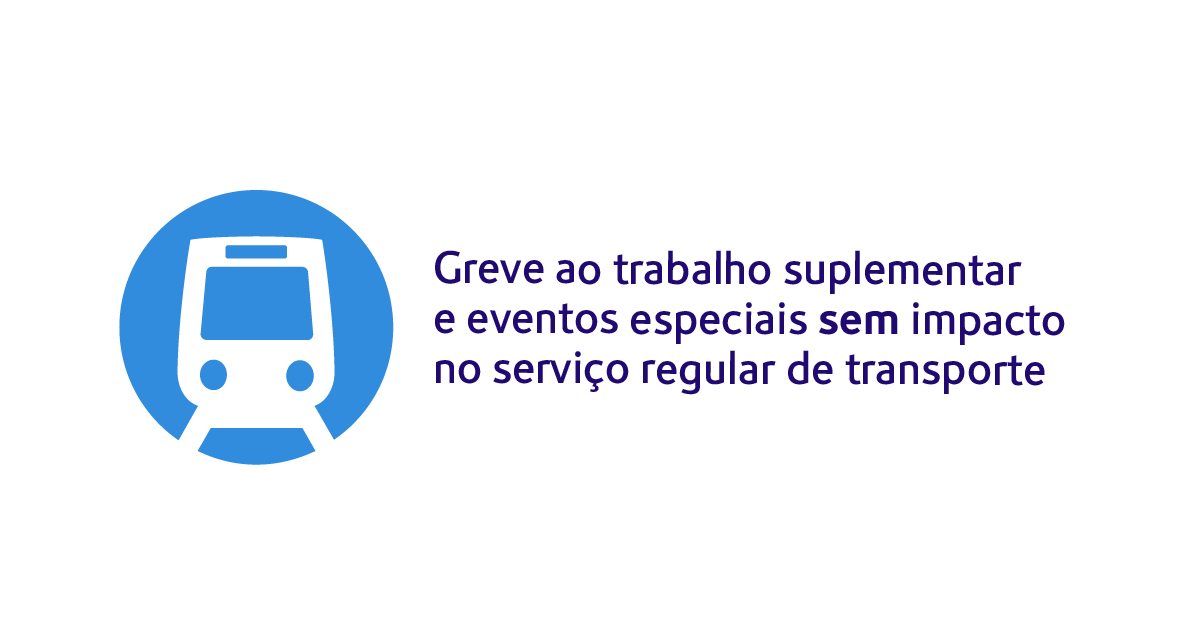


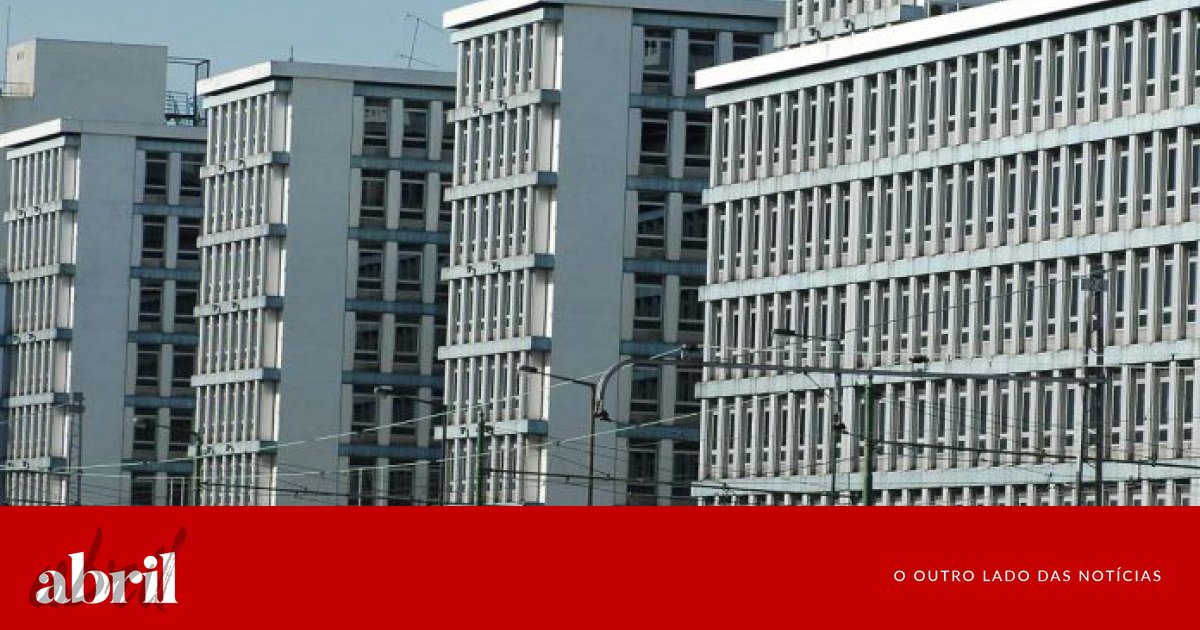
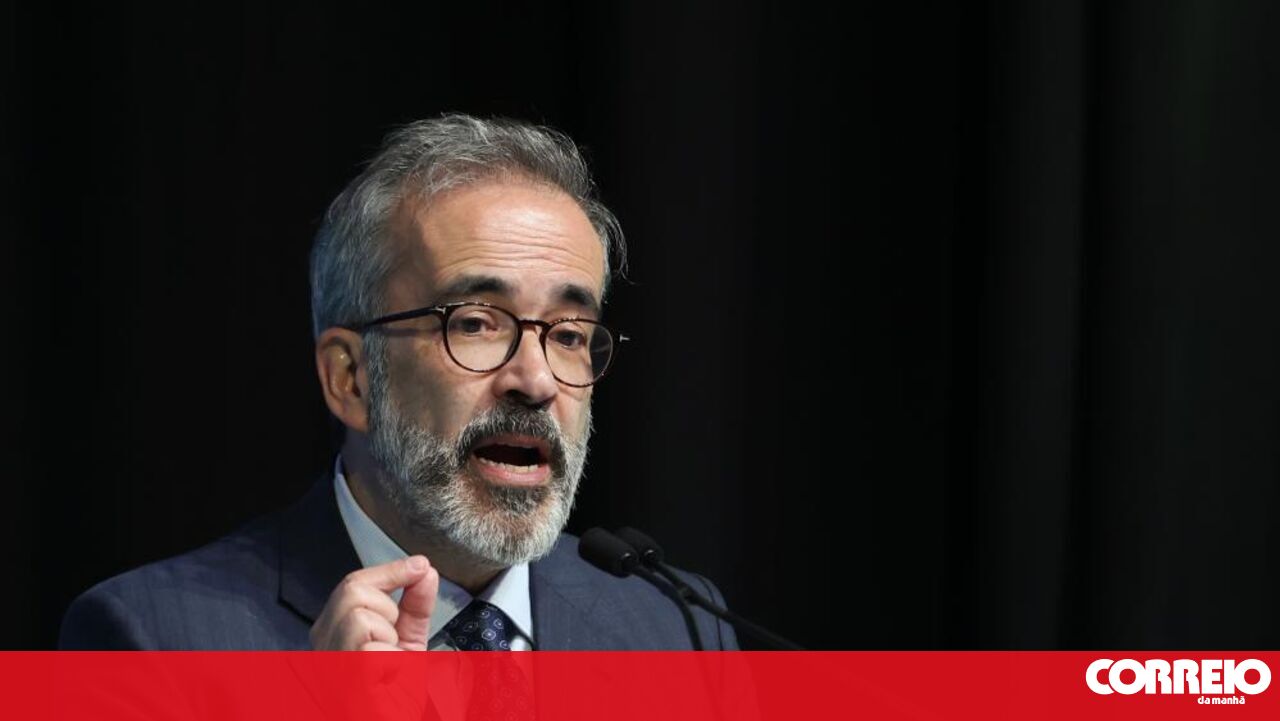
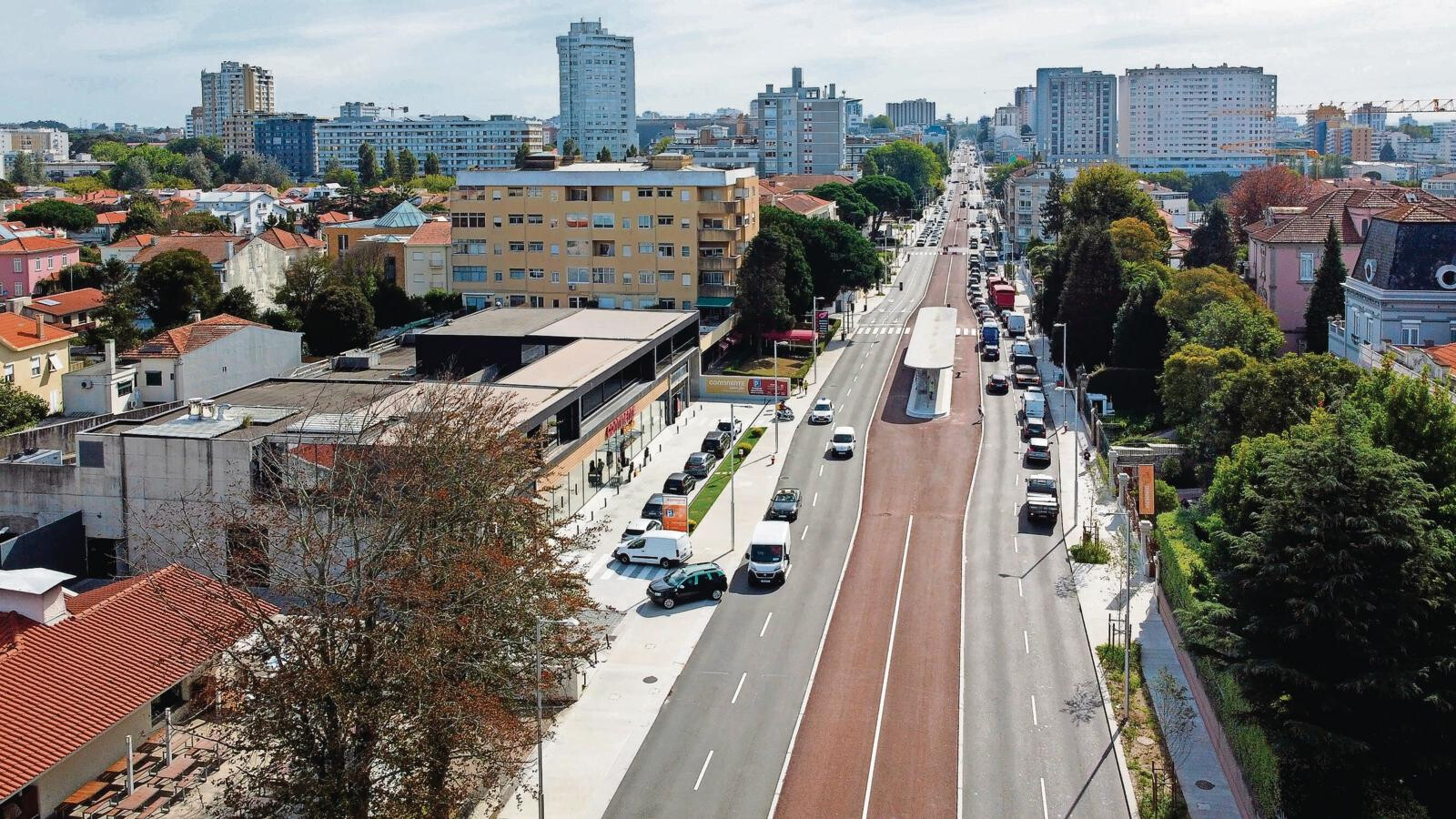






Comments
Join Our Community
Sign up to share your thoughts, engage with others, and become part of our growing community.
No comments yet
Be the first to share your thoughts and start the conversation!